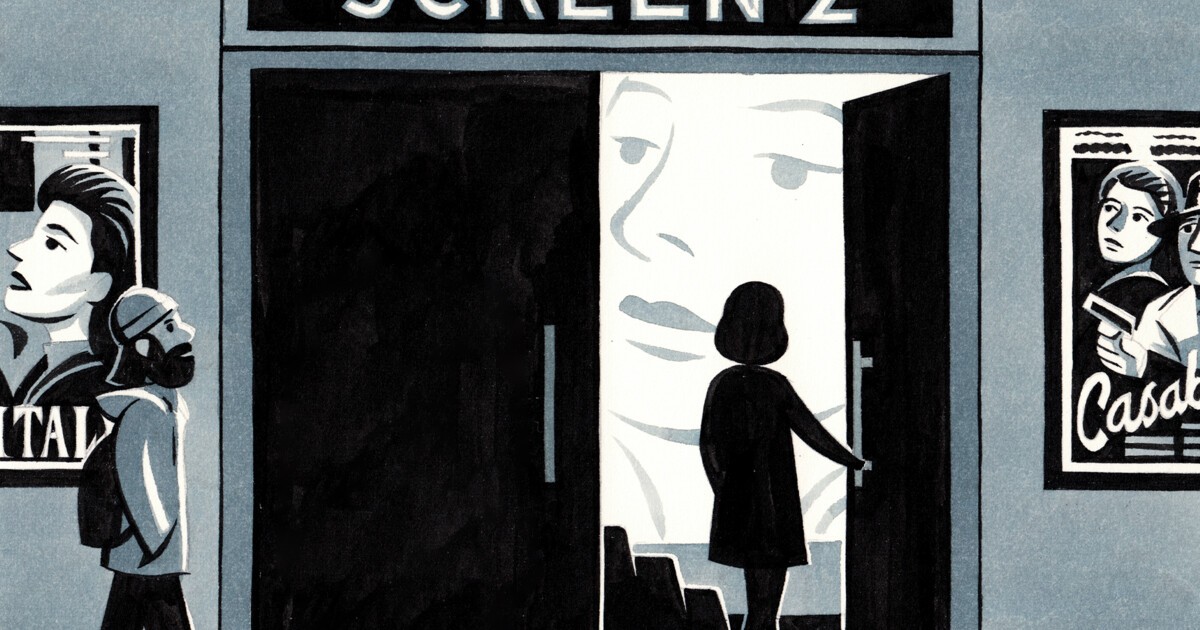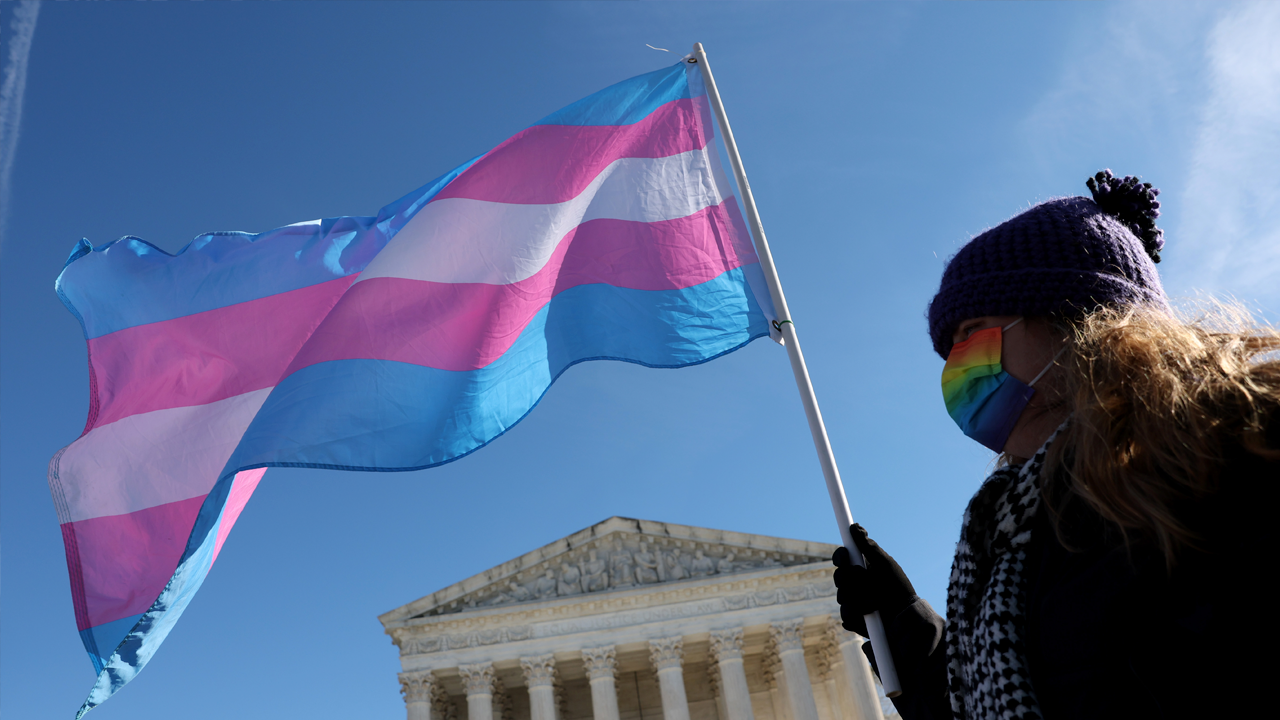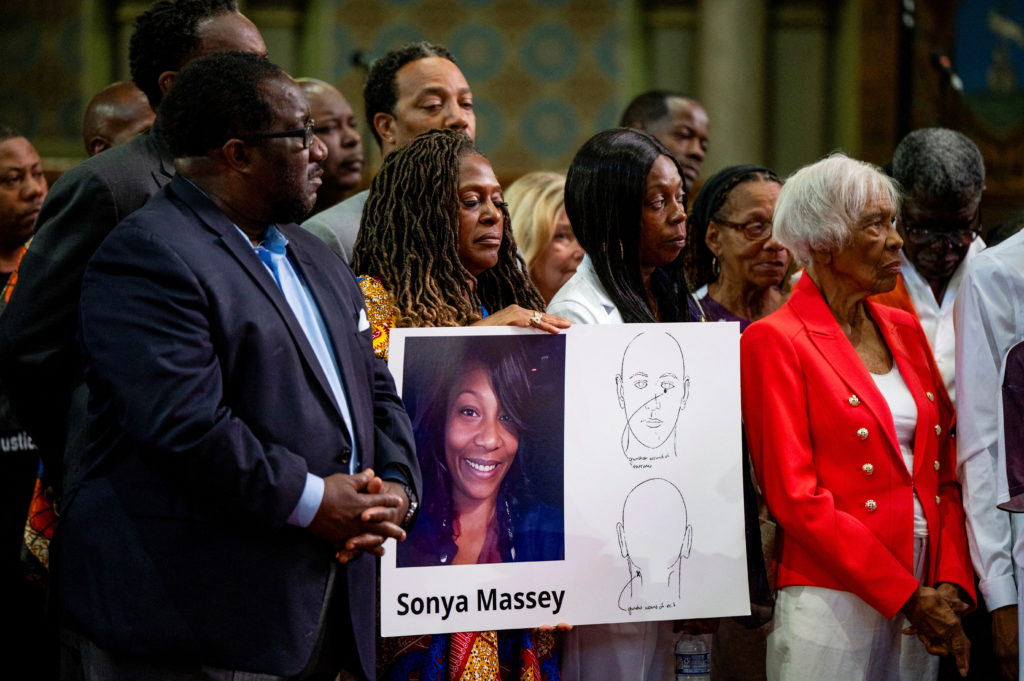Lifestyle
Nigerian Nobel winner Wole Soyinka says U.S. revoked his visa after Trump criticism

Nobel Prize laureate Wole Soyinka speaks to The Associated Press during an interview at freedom park in Lagos, Nigeria, in 2021.
Sunday Alamba/AP
hide caption
toggle caption
Sunday Alamba/AP
Nobel Prize-winning author Wole Soyinka said on Tuesday that his non-resident visa to enter the United States had been rejected, adding that he believes it may be because he recently criticized President Donald Trump.
The Nigerian author, 91, won the Nobel Prize in Literature in 1986, becoming the first African to do so.
Speaking to the press on Tuesday, Soyinka said he believed it had little to do with him and was instead a product of the United States’ immigration policies. He said he was told to reapply if he wished to enter again.
“It’s not about me, I’m not really interested in going back to the United States,” he said. “But a principle is involved. Human beings deserve to be treated decently wherever they are.”
Soyinka, who has taught in the U.S. and previously held a green card, joked on Tuesday that his green card “had an accident” eight years ago and “fell between a pair of scissors.” In 2017, he destroyed his green card in protest over Trump’s first inauguration.
The letter he received informing him of his visa revocation cites “additional information became available after the visa was issued,” as the reason for its revocation, but does not describe what that information was.
Soyinka believes it may be because he recently referred to Trump as a “white version of Idi Amin,” a reference to the dictator who ruled Uganda from 1971 until 1979.
He jokingly referred to his rejection as a “love letter” and said that while he did not blame the officials, he would not be applying for another visa.
“I have no visa. I am banned, obviously, from the United States, and if you want to see me, you know where to find me.”
The U.S. Consulate in Nigeria’s commercial hub, Lagos, directed all questions to the State Department in Washington, D.C. Through a spokesperson, it said that because under US law visa records are generally confidential, they would not discuss the specifics of this case while stressing that “visas are a privilege, not a right” and that “visas may be revoked at any time, at the discretion of the U.S. government, whenever circumstances warrant.”

Lifestyle
Inside Amazon’s Strategic Expansion Into Luxury Fashion and Beauty

Lifestyle
These men tried to be bros…and failed. : It’s Been a Minute

Are male friendships toxic? They often are on screen.
Getty Images/Getty Images
hide caption
toggle caption
Getty Images/Getty Images
What can we all learn from stories of men trying to find friends…and failing?
Men in real life – and in the movies – are trying to figure out how to be friends. There’s been a lot of talk alleging lonely men are the cause of cultural tensions, and Hollywood has caught on (despite a similar number of women saying they are lonely, too!). Several films this year depict how society leads men into fraught, messy friendships. So, what can we all learn from toxic (or good!) friendships between men?
Brittany is joined by NPR arts and culture reporter Neda Ulaby and IndieWire awards editor Marcus Jones to dig into it.
Follow Brittany Luse on Instagram: @bmluse
For handpicked podcast recommendations every week, subscribe to NPR’s Pod Club newsletter at npr.org/podclub.
This episode was produced by Corey Antonio Rose. It was edited by Neena Pathak. Our Supervising Producer is Barton Girdwood. Our Executive Producer is Veralyn Williams. Our VP of Programming is Yolanda Sangweni.
Lifestyle
Why Japan’s instant ramen titan is testing a new kind of noodle in L.A.

Nissin Foods, the Japanese giant that brought the world instant ramen, is testing a new kind of noodle in Los Angeles.
Its sprawling, old factory and corporate office in Gardena is now churning out protein-fortified pastas for Angelenos who want more bang for their bowls.
Nissin invented Cup Noodles, a go-to meal for people across the globe and a favorite among those on a budget. More than 100 billion portions of instant noodles from hundreds of companies are consumed every year.
In the U.S., much of Nissin’s expansion came from Gardena, where it started producing noodle packets in the 1970s. By 1973, the company launched Cup Noodles, an innovation aimed at Americans who liked to drink soup from cups.
The latest American preference Nissin has noticed is a surging demand for protein among mainstream consumers. It is popping up in snack foods, espresso drinks and breakfast cereals. Even Pop-Tarts and Doritos have released products with extra protein.
Nissin launched a new Los Angeles-based noodle company to capitalize on the trend this year. The company, Kanzen Meal, which now has around 10 employees, recently began serving up nutrient-dense meals from the frozen foods aisle. Its products are available in dozens of grocery stores across Southern California.
“There’s an interest in nutrient density and people want more bang for their buck out of the foods that they eat,” Kanzen Meal chief executive Bob Little said. “We think that there’s an opportunity to bring those consumers back to the frozen aisle.”
Kanzen Meal’s shrimp teriyaki, spaghetti Bolognese and other products have up to 24 grams of protein .
Convenience food companies around the world have been struggling with a slowdown in many markets as consumers increasingly avoid highly processed foods. Meanwhile, the spreading use of Ozempic is making it easier for millions of people to control their appetites and be choosier about what they consume.
Amiud this trend, Nissin shares have fallen around 30% over the last 12 months.
Workers pack noodles along the production line at Nissin’s manufacturing plant in Gardena, Calif. in 1972.
(Bruce H. Cox/Los Angeles Times)
Nissin, which opened its facility in Gardena in 1972, recently established a new regional headquarters in Torrance, where Kanzen Meal is based. Many of its attempts to remain relevant start in L.A.
This month Nissin announced its upcoming launch of a “hot water van” that will tour the U.S. and distribute samples of instant noodles. For the holiday season, it has unveiled both turkey and pumpkin pie-flavored Cup Noodles.
With the establishment of Kanzen Meals, Nissin is looking to Los Angeles as the prime testing grounds for its products.
“We’ve got deep ties to the Los Angeles area and we thought that this would be a great market for us to start in,” Little said in an interview. “We recognized early on that Los Angeles is the epicenter of well-being.”
Kanzen Meal products hit shelves in stores such as Gelson’s and Bristol Farms in June. Since then the company has been growing rapidly, Little said. The company announced this month it would expand its distribution to stores on the East Coast in states including New York, Connecticut and North Carolina. It plans to have products in 1,000 stores by the end of the year.
Little attributes the swift growth to a surge in consumer demand for simple access to nutrients, especially in Southern California.

“Kanzen Meal’s frozen noodles are available in dozens of stores in Southern California”
(KANZEN MEAL)
Kanzen will introduce two new frozen products this month, including spicy Dandan noodles and spaghetti carbonara. Each meal contains macronutrients, fats, carbs and fiber and retails for $6.99 to $7.99.
As added protein trends online and in stores, nutritionists are warning consumers to pay attention to all the components in a product. Some with a high dose of protein may also contain large amounts of sugar and sodium, experts said.
“The bigger picture here is that just because something has more protein does not mean it’s healthier for you,” said Yasi Ansari, a Los Angeles-based registered dietitian and nutritionist.
The protein boom actually could lead to American consumers overindulging, Ansari said. The average woman needs around 46 grams of protein to prevent a deficiency, and the average man needs 56 grams, she said.
Protein bars typically contain 20 to 30 grams of protein, and new products such as the Starbucks protein latte can have up to 36 grams.
“Protein is vital to the body’s cells, but we may be missing out on other nutrients that we could be getting from a whole food profile,” Ansari said.
Little said Kanzen Meal’s products offer a healthy balance of ingredients. “Kanzen” means complete in Japanese, he pointed out.
Retail analyst Dominick Miserandino said the demand for protein is creating opportunities for new products, including within the $91.3-billion U.S. frozen food market. But the proliferation of food items advertised as high-protein, ranging from toaster pastries to tortilla chips, could lead consumers astray, Miserandino said.
“It might give a false consumer impression that having these snacks is always a healthy choice,” he said. “Are you going to now have a generation of kids eating snack foods for their daily dose of protein?”
-

 New York6 days ago
New York6 days agoVideo: How Mamdani Has Evolved in the Mayoral Race
-

 World1 week ago
World1 week agoIsrael continues deadly Gaza truce breaches as US seeks to strengthen deal
-

 News1 week ago
News1 week agoVideo: Federal Agents Detain Man During New York City Raid
-

 News1 week ago
News1 week agoBooks about race and gender to be returned to school libraries on some military bases
-

 Technology1 week ago
Technology1 week agoAI girlfriend apps leak millions of private chats
-

 Politics1 week ago
Politics1 week agoTrump admin on pace to shatter deportation record by end of first year: ‘Just the beginning’
-

 News1 week ago
News1 week agoTrump news at a glance: president can send national guard to Portland, for now
-

 Business1 week ago
Business1 week agoUnionized baristas want Olympics to drop Starbucks as its ‘official coffee partner’














